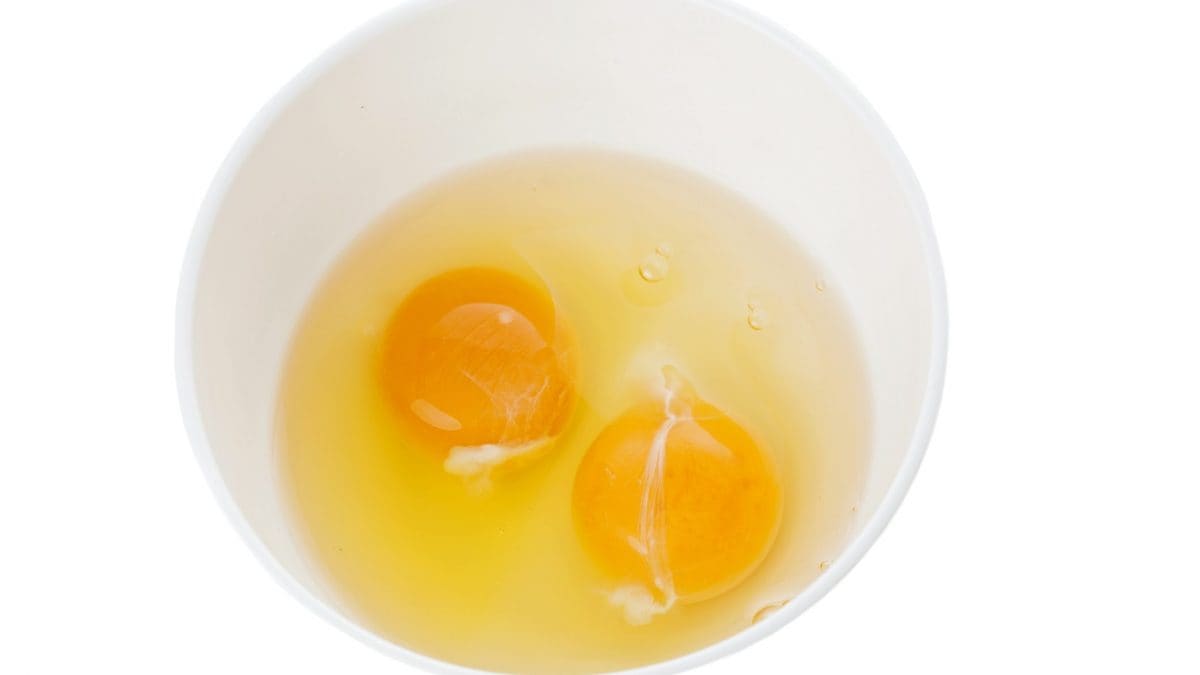
Eggs might not look it but they're rather complex to perform optimally and ensure full
maturity of a chick. The stringy white stuff in the eggs that you may have been discarding,
like many other people, is called the chalazae and it's an essential part of that functionality.
People commonly assume that this string, which is admittedly an unusual contrast to the rest
of the egg, is a vein or a baby chick’s umbilical cord. But that's far from being correct.
There are two chalaza in an egg, one that suspends from the top of the shell and another
from the bottom. These stringy structures are made up of protein, and they attach to the yolk
to protect it from bumping into the sides of the eggshell.

As a matter of fact, the presence of chalazae can be taken as an indication of freshness in
eggs. to disappear after cooking. Your eggs must have been aged well if you don't see the
unusual white string in your raw eggs.
As for the subject of its safety for consumption, experts have labeled the chalazae
completely safe to eat. In other words, you don't have to discard it next time you're making
eggs!
The chalaza is just a normal part of an egg, but if seeing it grosses you out, don’t worry —
you won't be able to see them again after cooking.

The chalaza are functional parts of an egg and even indicate freshness in raw eggs. Most
importantly, they're completely safe for consumption so don't let them stop you from making
your favorite egg dishes!
;Resize,width=767;)
